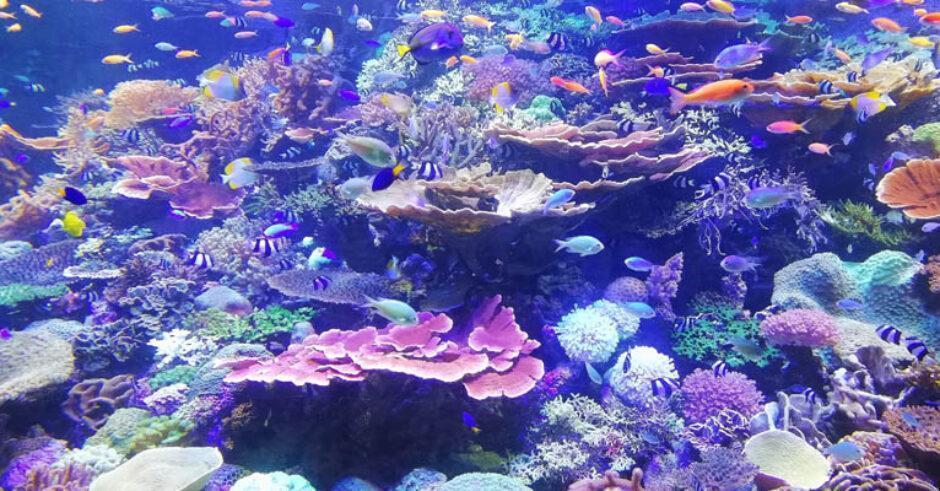There are a multitude of things killing our wondrous Great Barrier Reef:
- rising sea temperatures, ocean acidification, extreme weather events,
- politicization of climate change, human apathy, corporate greed,
- plastic waste and micro plastic, sediment runoff as a result of agriculture, urban development and deforestation, landfill ending up in oceans, and
- crown-of-thorns starfish outbreaks (influenced by multiple factors, including major flooding events resulting in excess nutrients running off the land and a reduction in natural predators of the starfish).
The Great Barrier Reef reminds us that everything is connected and evolving in a living system. Hence, repeated calls for a cohesive, fully integrated conservation program to save the Great Barrier Reef.
Canterbury’s healthcare system in New Zealand, widely acknowledged as global best practice for integrated health and social services, was achieved through understanding the complexities of healthcare, human, social, and community systems, as a whole.
Systems Thinking
Organisations are renown for simplifying things by breaking down systems into component parts, and considering those parts in isolation of all the others.
Often resulting in changes that are inadequate at best, and contradictory at worst, none more so, when it comes to people and culture programs and strategies.
In an organisational culture where turning a blind eye to bullying and sexual harassment is the norm, what will be lacking is diversity, inclusion, safety, wellbeing, compliance, and ethical behaviour.
On the whole when people commit, and bystanders fail to report, misconduct, unconscionable or criminal behaviour in their workplace, it’s not through ignorance of obligations and what is right, or because they’re a bad apple.
It’s because their workplace repeatedly sent signals our ancient navigation system – the amygdala of our brain – recognised as reinforcing behaviours that contradicted the organisation’s espoused culture, purpose, values, obligations and rules of conduct.
Daniel Coyle, author of the bestseller The Culture Code, says culture in organisations “is about signalling. Because human brains are incredibly good at perceiving signals that we are safe (or not); whether we are being vulnerable by sharing accurate information (or not), and whether we are moving in the same direction (or not).”
Everything is an Outcome and Symptom of Culture
The proliferation of definitions of sound ‘risk’ and ‘ethical’ cultures, ‘innovation cultures’, ‘digital cultures’, ‘safety cultures’, ‘diverse and inclusive cultures’, ‘customer-centric cultures’ and ‘learning cultures’, are misnomers, as they describe outcomes of culture, not the culture itself. Resulting in organisations using programs to deliver cultural outcomes – Diversity and Inclusion, Wellness, Ethics, Compliance, Equality, Employee Experience, Customer Experience. Anti-Bullying / Harassment – ignoring these are interrelated outcomes.
Programs are “a set of related measures or activities with a particular long-term aim.” By contrast, cultural norms are the conscious, and unconscious shared expectations and rules that guide behavior of people within social groups.
Multiple programs seeking to influence individual but interconnected behaviours, by implementing frameworks, policies, and compliance training, tend to undermine individual moral responsibility, rather than enhance it.
Investing in a multitude of standalone and time boxed programs, to positively influence a human system is irrational.
Cultures are Evolving Living Systems in Organisations
Cultures are evolving. living systems in organisations. Organisations don’t have a culture, they are their cultures.
Just as continual investment in conservation of the Great Barrier Reef will restore and keep it healthy, the same applies to the cultures in organisations.
To bring harmony back into living systems requires holistic conservation, not individual changes. Organisations need to stop initiating multiple people and culture change initiatives, and replace them with continual preservation, protection, and promotion of the best of their people and cultures.
What investments are made in the conservation of the evolving, living human system of organisations – their cultures – is fundamentally what organisations make of themselves.




